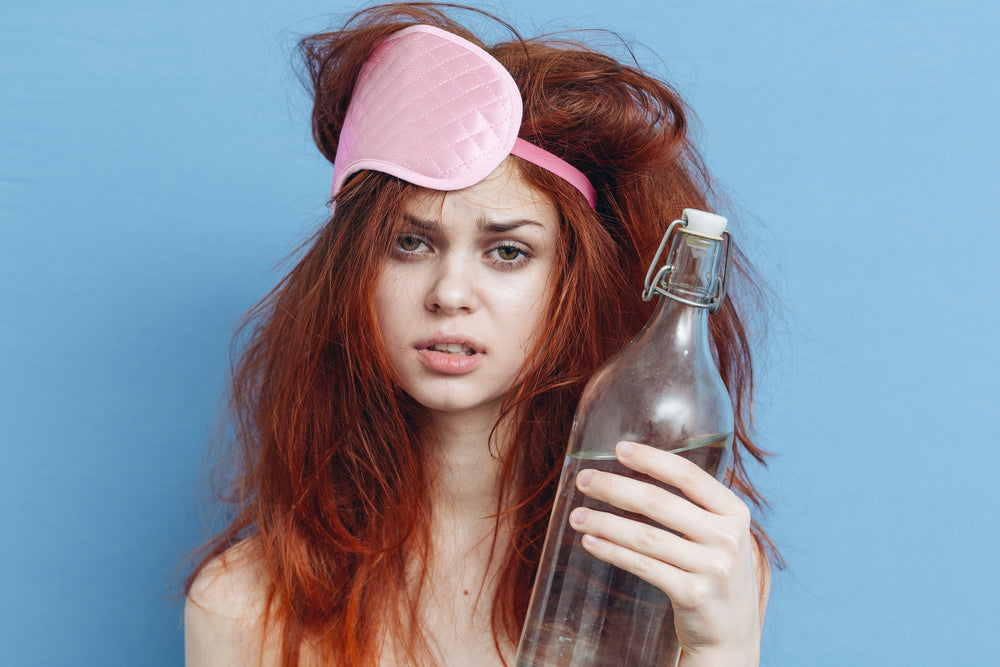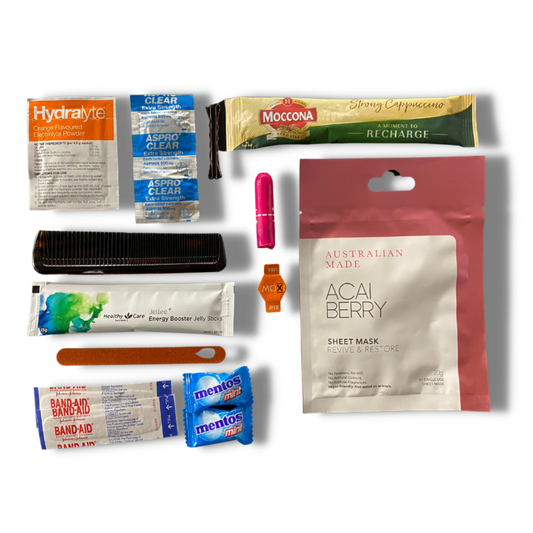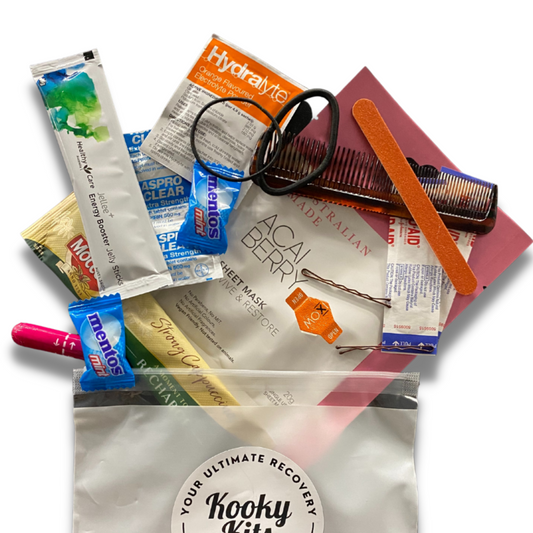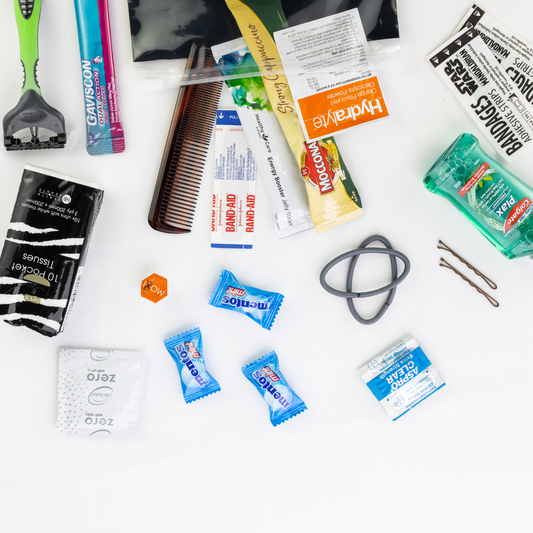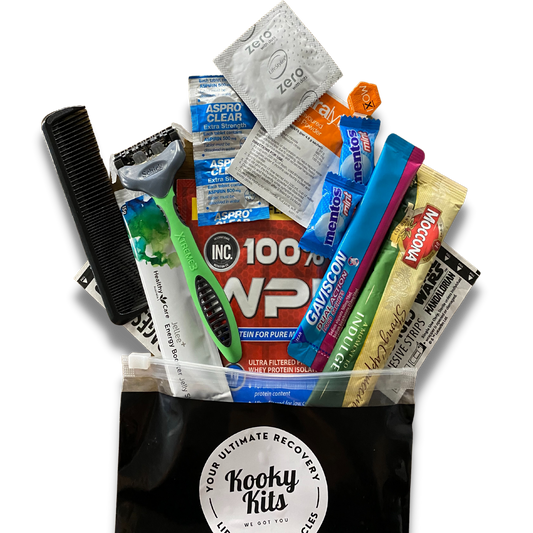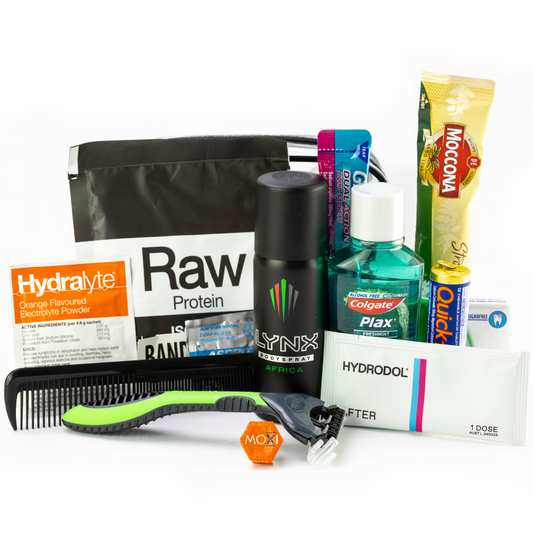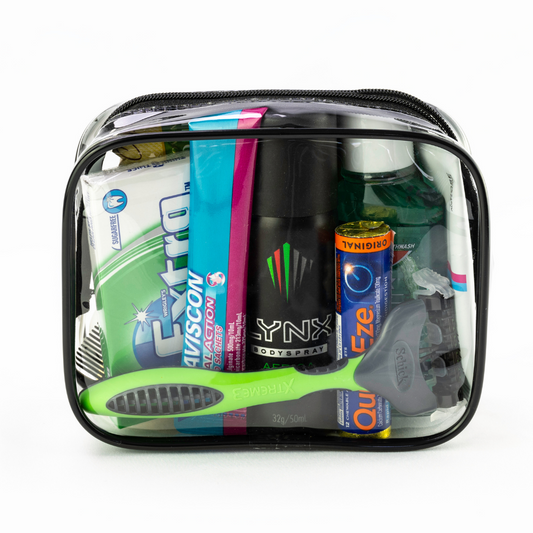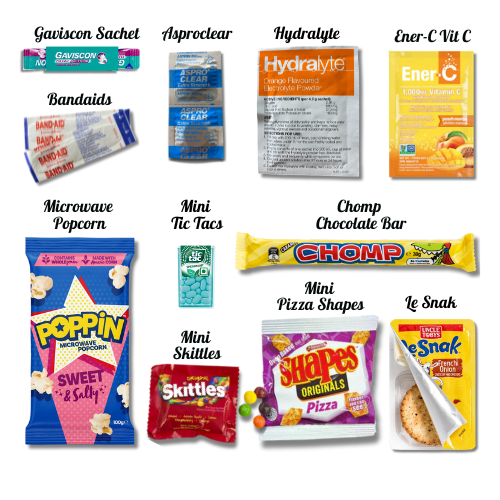Hangovers — we’ve all been there. That splitting headache, the dry mouth, the queasy stomach, and the overwhelming fatigue that seems to sap every ounce of energy from your body. While there’s no magical cure for a hangover, one thing that can significantly help you bounce back is the proper intake of electrolytes. But what exactly are electrolytes, and why do they work so effectively for hangovers?
In this article, we’ll delve into the science of electrolytes, explore how they function in the body, and explain why they’re crucial for alleviating hangover symptoms. We’ll also provide practical advice on how to replenish these vital minerals after a night of drinking. So, grab a glass of water and let’s dive in!

What Are Electrolytes?
At their core, electrolytes are minerals that carry an electrical charge when dissolved in bodily fluids like blood and urine. These essential minerals — including sodium, potassium, calcium, magnesium, chloride, bicarbonate, and phosphate — play a vital role in maintaining the balance of fluids in the body, supporting nerve function, muscle contraction, and regulating blood pressure.
Our bodies naturally maintain a delicate balance of electrolytes, but this balance can be disrupted by various factors, including dehydration, excessive sweating, illness, and, of course, alcohol consumption. That’s where hangovers come in. But to understand how electrolytes can help with hangovers, we first need to understand how hangovers affect the body.
The Science Behind Hangovers: What’s Happening in Your Body?
When you consume alcohol, your body undergoes a range of physiological changes that can lead to a hangover. Some of the key changes include:
-
Dehydration: Alcohol is a diuretic, which means it increases urine production, leading to the loss of fluids and electrolytes from the body. This dehydration is a major contributor to common hangover symptoms such as thirst, headache, and dizziness.
-
Electrolyte Imbalance: Alongside the increased urination, your body also loses essential electrolytes like sodium, potassium, and magnesium. An imbalance of these electrolytes can affect various bodily functions, including nerve signalling, muscle function, and maintaining the acid-base balance in your blood.
-
Gastrointestinal Disturbances: Alcohol can irritate the stomach lining and affect the digestive system, leading to symptoms such as nausea, vomiting, and diarrhoea. These symptoms further deplete the body of fluids and electrolytes, exacerbating the hangover.
-
Hypoglycaemia (Low Blood Sugar): Alcohol consumption can cause a drop in blood sugar levels, leading to symptoms like fatigue, weakness, and irritability. Restoring electrolytes and fluids can help stabilise these levels.
-
Inflammation and Oxidative Stress: Alcohol consumption triggers an inflammatory response in the body and increases the production of free radicals, which can cause oxidative stress. Some electrolytes, particularly magnesium, play a role in reducing inflammation and oxidative damage.
Now that we understand what happens in the body during a hangover, it becomes clear why replenishing electrolytes is so important. But how exactly do electrolytes help alleviate hangover symptoms?
How Electrolytes Work to Combat Hangover Symptoms
Electrolytes work in several ways to help the body recover from a hangover:
1. Rehydration
One of the most important roles of electrolytes is to maintain fluid balance in the body. When alcohol causes dehydration, the body loses both water and electrolytes. Simply drinking plain water can help to some extent, but without adequate electrolytes, the body may not retain the water effectively. Electrolytes like sodium and potassium help the body hold onto water and rehydrate more efficiently, restoring the balance of fluids more effectively than water alone.
2. Restoring Nerve and Muscle Function
Electrolytes are crucial for proper nerve function and muscle contraction. For example, potassium and calcium play a vital role in transmitting nerve signals and enabling muscle contractions. An imbalance in these electrolytes can lead to muscle cramps, weakness, and fatigue — all of which are common symptoms during a hangover. Replenishing electrolytes helps maintain normal nerve and muscle function, reducing these unpleasant symptoms.
3. Balancing Blood Pressure and Reducing Headaches
Headaches are a notorious part of hangovers and are often caused by dehydration and electrolyte imbalance. Sodium and potassium help regulate blood pressure, and when their levels are disrupted, it can lead to headaches and dizziness. By restoring these electrolytes, you can help normalise blood pressure and reduce headache severity.
4. Improving Energy Levels
Low energy and fatigue are common hangover symptoms, often due to the depletion of glucose and electrolytes. Magnesium, in particular, plays a key role in energy production at the cellular level. It helps convert food into energy and supports the function of muscles and nerves. Replenishing magnesium and other essential electrolytes can help improve energy levels and combat the fatigue that often accompanies a hangover.
5. Supporting Acid-Base Balance and Digestion
Electrolytes like bicarbonate and chloride help maintain the acid-base balance in the blood, which is crucial for proper digestion and metabolic processes. When this balance is disrupted, it can cause nausea, acid reflux, and indigestion. Restoring these electrolytes helps stabilise the acid-base balance, reducing digestive discomfort.
6. Reducing Inflammation and Oxidative Stress
Magnesium, in particular, has anti-inflammatory properties and can help reduce the inflammation and oxidative stress caused by alcohol consumption. It supports various enzymatic reactions in the body that help neutralise free radicals, reducing the damage they cause to cells and tissues.
Key Electrolytes and Their Role in Hangover Recovery
To better understand why electrolytes are so effective at combating hangovers, let’s take a closer look at some of the most important electrolytes and their specific roles:
1. Sodium
Sodium is a key electrolyte that helps regulate fluid balance, blood pressure, and nerve function. It is one of the primary electrolytes lost through increased urination caused by alcohol consumption. Replenishing sodium helps the body retain water, maintain proper hydration, and restore blood pressure levels, which can reduce headaches and dizziness.
2. Potassium
Potassium is essential for proper muscle function, nerve signalling, and fluid balance. It helps regulate the heartbeat, supports muscle contractions, and maintains fluid balance at the cellular level. Alcohol consumption can cause significant potassium loss, leading to symptoms like muscle cramps, weakness, and fatigue. Consuming potassium-rich foods or drinks can help replenish this crucial electrolyte and reduce hangover symptoms.
3. Magnesium
Magnesium is involved in over 300 enzymatic reactions in the body, including those related to energy production, muscle function, and nerve transmission. It also plays a role in reducing inflammation and oxidative stress. Magnesium deficiency is common among people who drink alcohol regularly, and low levels can worsen hangover symptoms like headaches, fatigue, and irritability. Restoring magnesium levels can help alleviate these symptoms and support overall recovery.
4. Calcium
Calcium is vital for muscle contractions, nerve transmission, and blood clotting. It also plays a role in maintaining strong bones and teeth. While calcium loss during alcohol consumption is less significant than sodium or potassium, it is still essential to replenish calcium levels to support muscle and nerve function.
5. Chloride
Chloride works in tandem with sodium to maintain fluid balance and is a critical component of stomach acid, which is necessary for digestion. Replenishing chloride helps stabilise the body’s acid-base balance, reducing symptoms like nausea and acid reflux.
6. Bicarbonate
Bicarbonate acts as a buffer to help maintain the pH balance of the blood. When alcohol disrupts this balance, it can lead to symptoms like heartburn and indigestion. Restoring bicarbonate levels helps neutralise stomach acid and reduces digestive discomfort.
How to Replenish Electrolytes After Drinking
Now that we understand the importance of electrolytes for hangover recovery, the next step is knowing how to replenish them effectively. Here are some practical ways to get the electrolytes your body needs:
1. Electrolyte Drinks and Powders
One of the easiest ways to replenish electrolytes is through specially formulated electrolyte drinks and powders. These products are designed to quickly restore the body’s electrolyte levels and are often used by athletes for rehydration. Many of these drinks contain a balanced mix of sodium, potassium, magnesium, and other essential electrolytes, along with water for hydration. Look for low-sugar options that provide a balanced profile of electrolytes without excessive amounts of sugar.
2. Coconut Water
Coconut water is a natural source of electrolytes, particularly potassium, sodium, and magnesium. It is low in calories and sugars compared to many commercial sports drinks, making it a healthier option for rehydration. Coconut water also contains antioxidants that can help reduce inflammation and oxidative stress, making it an excellent choice for hangover recovery.
3. Fruits and Vegetables
Many fruits and vegetables are rich in electrolytes and provide additional vitamins and minerals to support recovery. Bananas, for example, are high in potassium, while oranges and strawberries provide a good dose of vitamin C and electrolytes. Leafy greens like spinach and kale are rich in magnesium and calcium. Incorporating these foods into your diet can help restore electrolyte balance naturally.
4. Broths and Soups
Clear broths and soups are excellent sources of sodium and other electrolytes, and they’re also easy on the stomach. Chicken broth, vegetable broth, and miso soup are all good options that provide hydration, electrolytes, and warmth, which can be comforting when feeling under the weather.
5. Nuts and Seeds
Nuts and seeds, such as almonds, pumpkin seeds, and sunflower seeds, are rich in magnesium and potassium. They make for a convenient and nutritious snack that can help replenish lost electrolytes and provide energy.
6. Supplements
If you’re struggling to get enough electrolytes from food and drinks alone, consider taking an electrolyte supplement. These supplements come in various forms, such as tablets, powders, or capsules, and are formulated to provide a balanced mix of essential electrolytes.
Tips for Preventing Hangovers
While replenishing electrolytes is an effective way to alleviate hangover symptoms, prevention is always better than cure. Here are a few tips to help minimise the effects of a hangover:
- Stay Hydrated: Drink a glass of water between alcoholic beverages to help maintain hydration levels.
- Eat Before You Drink: Consuming a meal rich in healthy fats and proteins before drinking can slow the absorption of alcohol and reduce its impact.
- Choose Your Drinks Wisely: Clear spirits like vodka and gin generally contain fewer congeners (byproducts of alcohol fermentation) than darker spirits like whiskey and rum, and are less likely to cause severe hangovers.
- Know Your Limits: Be mindful of your alcohol intake and avoid excessive drinking.
The Power of Electrolytes for Hangover Recovery
When it comes to alleviating hangover symptoms, electrolytes play a crucial role. These essential minerals help maintain fluid balance, support nerve and muscle function, reduce headaches, improve energy levels, and support digestion. By replenishing electrolytes through drinks, foods, or supplements, you can help your body recover more effectively after a night of drinking.
So, the next time you find yourself suffering from a hangover, remember the power of electrolytes. Keep a Kooky Kit on hand, packed with electrolyte-rich solutions to ensure you’re always ready to tackle the morning after. With the right approach, you can bounce back faster, feel better, and get back to enjoying life — hangover-free!
Cheers to smart recovery! 🥤💪

